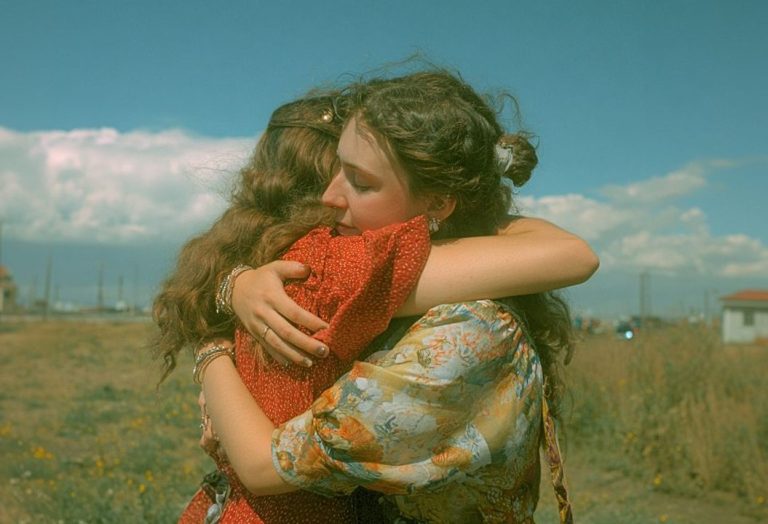
The Lost Art Of Being Okay
Humans are, after all, connected by mutual experiences of hurt and triumph. We resist it because we've lost sight of the beauty in simply being.

Sometimes the hardest part about not being okay is knowing that you will, in the end, be okay.
Your resilience transcends your emotion, questions it, mocks it — poses threat to that one remaining connection, the one you’ve been clinging to so desperately. Sadness is, after all, the only emotion that is quite as powerful, quite as all-consuming, quite as life-validating as happiness. Without one or the other, you’re left hanging on a foreign tangent — a break from the safety of any given narrative, the assurance of any given character arch. It’s the blank page between chapters, it’s the space between the lines. It’s the comma before an adjective.
You’re left with being okay.
You’re left with the hollow, disconnected lyrics to that song which once moved you so swiftly to tears: alone in your room, that one Friday night when they were supposed to call, but didn’t. When you sat, broken in silence, lost in the cool folds and creases of your bedsheets, immersed so deeply in melody that you somehow felt connected to all those who have sat and hurt and wept before you. That you felt connected to the pain of it all.
Being okay is realizing that the same words that once hurt you no longer move you in such a way. It’s having them wash over you, instead: slowly, silently, unaffectedly — forever beautiful in their composition, but empty of the same, soul-grasping resonance. It’s when there’s no longer an emotional subtext between what you say and what you mean. It’s waking up in the morning with a stillness of body and mind, thoughts free of the endless “if”s and “but”s of love and life.
And yet, we resist it: the stillness, the okay-ness. We resist it because, over time, the notion of being okay has grown synonymous with indifference, with boredom. We resist it because we’re so afraid of being alone. Humans are, after all, connected by mutual experiences of hurt and triumph.
We resist it because we’ve lost sight of the beauty in simply being.
As humans bursting so invariably with consciousness, we’ve become addicted to the familiarity of emotional extremes: the hot, numbing grip of pain; the incontestable rush of ecstasy. These feelings push us, pull us, guide us down good paths and bad; providing catalyst for movement and change. We crave them — however temporary or destructive they may be. We yearn for the cruel inflection of heartbreak, the screaming accent of success and the tender nuance of love.
We abandon alright-ness in favor of drama, and in doing so, forget to appreciate all the niceness of an average moment: the way it allows reflection, the way it allows us to hear the cracks and faults in our own breath. It’s being able to walk on a whim in whichever direction you choose, free of burden, free of influence. It’s taking an hour-long coffee break between the chapters of your favorite book, it’s closing your eyes into the fading sun and truly savoring its warmth. It’s the peace of mind that comes with accepting contentment in the absence of joy.
Perhaps it’s these moments of being ‘just fine’ which really connect us — the moments in which we find ourselves looking left to right, wondering where we are, why we’re there and what we’ll do next.
Perhaps being okay is having faith in eventual happiness. Perhaps it’s allowing our future selves to whisper back calming words of reassurance, telling us the way it all works out in the end, how we shouldn’t sweat the small stuff, how we should just breathe — just be.
And perhaps that, in itself, is beautiful. Perhaps that, in itself, is okay. ![]()











